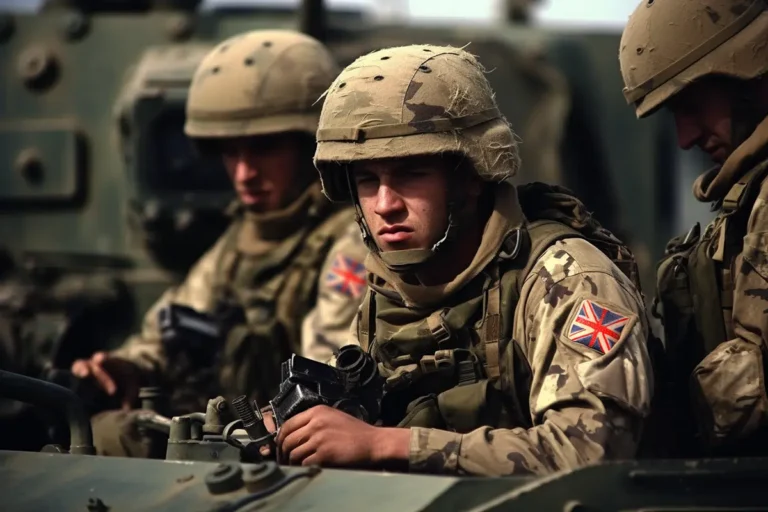In a recent development that has left many questioning the United Kingdom’s involvement in military strikes on Houthi rebels in Yemen, Prime Minister Rishi Sunak’s decision to deploy forces reflects a multi-faceted political landscape. Here, we delve into the key points and complexities surrounding this decision:
The Houthi rebels, who hold control over northern Yemen, have been actively targeting ships navigating through the Red Sea. These attacks have disrupted critical trade routes, causing delays, increased costs, and disruptions to the supply chains, with potential implications for the UK’s economy.
The United Nations had expressed serious concerns over the Houthi attacks on shipping vessels, prompting action. The United States and the United Kingdom jointly decided to intervene to safeguard the essential trade route and uphold international law.
The Houthi rebels claim their attacks on shipping are in response to Israel’s military actions in Gaza, adding a layer of complexity to the situation. While the US and UK insist the attacks are unrelated to the Israel-Hamas conflict, the Houthis perceive it differently, raising concerns of a broader Middle East involvement.
The UK has long supported a Saudi-led coalition in airstrikes against the Houthi rebels in Yemen, resulting in accusations of breaching international law and thousands of civilian casualties. This history adds another dimension to the current situation, as the UK’s actions may be seen as taking sides in the ongoing conflict.
Furthermore, the Houthi rebels are known allies of Iran, a country with growing influence in the Middle East. Iran has provided the rebels with weapons and expertise, with their links strengthening over time. The use of Iranian drones and missiles by the Houthis against international shipping vessels adds a geopolitical dimension to the conflict.
Prime Minister Rishi Sunak’s decision to get involved in the military strikes was driven by the need to protect vital trade routes and uphold international law. However, it raises questions about the long-term commitment and involvement of the UK in the broader Middle East conflict.
For Labour leader Keir Starmer, supporting these strikes presents challenges within his party, as it goes against the stance of some MPs regarding the Gaza conflict and his previous promises to require a parliamentary vote on military actions.
In a world where dominant countries are less attached to conventional international rules, Western leaders, including the UK’s Prime Minister and the Labour leader, grapple with complex decisions that have global implications. The decision to engage in military strikes on the Houthi rebels in Yemen, seemingly straightforward at first glance, is indeed a multi-faceted and politically challenging one.


